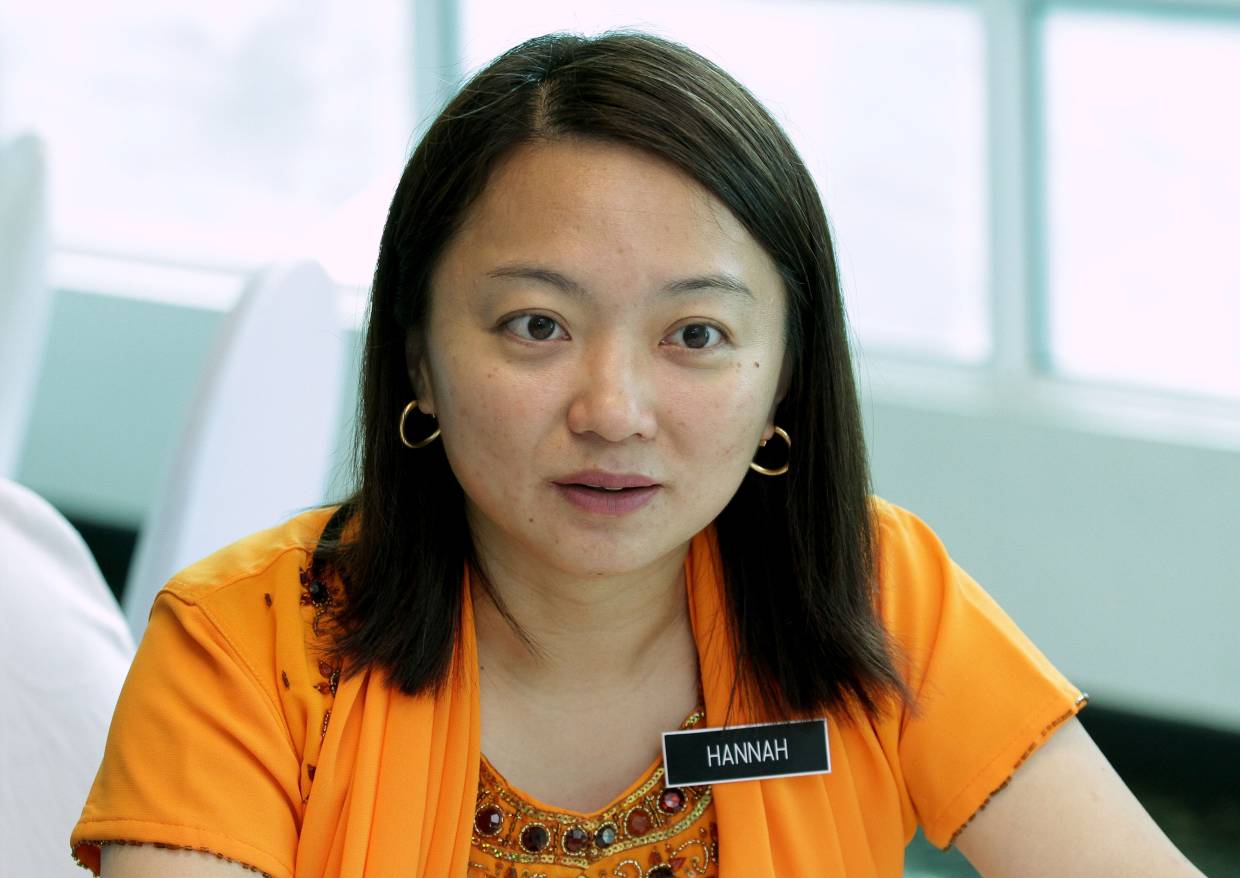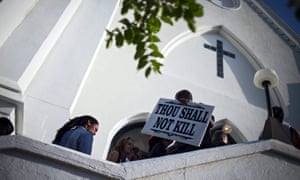https://youtu.be/ZGDwQk_7DXA
 |
A short year since the first change in government gave the people hope for a resetting of the national direction, grave doubts about the pace of scope of reforms are clouding the mood for Merdeka Day.
The risk of political instability, economic pain for modest income-earners and worsening communal relations have left many wondering what has gone wrong with the dream of a New Malaysia.
In our Special Report this issue in conjunction with Merdeka, find out what the country’s young people are wishing for the nation amid the cacophony of noises. Contributors include co-founder of #Undi18 Qyira Yusri, Zahirah Zulkifly from Teach For Malaysia and lawyer Melissa Sasidaran, among others.
On the economic front, the country is better off today than decades ago, but the income gap between the B40, M40 and T20 has actually grown. This underscores the fact that economic growth has not been equally distributed to all levels of society.
Of concern is whether there will be sustained income and unemployment growth for all segments of society, especially the lower and middle-income groups.
Then there is the issue of navigating the country’s economy to the right path towards new growth engines that is sustainable and inclusive.
This would mean addressing the various challenges facing the country such as low productivity growth and capital efficiency, continued non-optimal investment in capital-intensive and value-added industries and automation, skills gap for the future workforce, among others.
 |
| My aspirations for our 62nd Merdeka |
SIXTY-TWO years ago in 1957, Malaya gained independence. The new nation was blessed with a multiracial and multi-religious society and abundant natural resources and natural beauty.
There were serious challenges facing the new nation then, but we were blessed with honest, strong, competent and dedicated founding fathers and able leaders who provided good governance, set up credible national institutions like parliament, the judiciary, security and civil services.
Most importantly, poverty, which was widespread at independence, was considerably reduced as we moved forward, thanks to assertive rural development policies.
The country was also blessed with high economic growth and dubbed a tiger economy. There was little corruption and cronyism for many years after Merdeka.
The economy has since grown faster and developed more strongly in the last 61 years, and the country has progressed in peace and harmony except for the aberration of the 1969 riots.
We were more united then and shared a strong national family spirit. We emphasised and enjoyed our commonality and universality as Malayan and then as Malaysians.
After 60 years of being governed by one political party, we realised that we had been going off the track with rising corruption, cronyism and fracturing national unity, religious intolerance, racism and widening income inequality.
That was when we as a nation said “enough is enough” and elected a new government in our uniquely democratic Malaysian way. Thank God for the fundamental change and transition towards greater socioeconomic, political and institutional reforms and revitalisation of our country under the Pakatan Harapan government.
But we have to work harder to stick to the straight and narrow path and not go off the rails again.
So, on this auspicious 62nd Merdeka Day anniversary, can we all resolve to develop a new national consensus and mould a New Malaysia Policy (NMP)?
To do this, we need to:
1. Apply the NEP to all Malaysians regardless of race or religion. Make the NEP a needs-based socioeconomic policy and end the race-based policy as practised now. This change in policy will remove the sense of alienation that most non-Malays and even many neglected bumiputra now feel;
2. Show greater priority in increasing the opportunities for the B40 groups of all races to earn higher incomes through better and more skills-based education and training programmes;
3. Reject compulsory training in some non-academic studies that are not directly related to improving the present generally low quality of education at almost all levels. Provide more technical and vocational training and use English to teach science subjects. This is essential to make our graduates more employable and get a more rounded education;
4. There should be equal business and employment opportunities in both the government and private sectors. The civil service and business sectors have to be more multiracial in their employment make-up. One way to encourage more multiracial ownership and balanced employment in the private sector in the context of the new policy of “Shared Prosperity” would be to provide new tax incentives in Budget 2020;
5. National schools could teach our mother tongues to encourage higher multiracial attendance. The current perception of national schools being Islamic schools needs to be corrected. They could then become schools of choice;
6. The present campaign against corruption, cronyism and money politics must be stepped up. Continuation of any elements of these very bad practices will undermine national interest and the public’s well-being and welfare;
7. The government must take a harder stand against hate speech and those who promote racial and religious conflict. Foreign speakers and external financing that promote social unrest should be dealt with more sternly and quickly. The government should not protect these undesirable troublemakers, both foreign and local, who can cause major disunity and instability;
8. Public institutions should be further strengthened and made more independent of any political interference. This is essential to safeguard the integrity and sustainability and, indeed, the very sovereignty of our nation;
9. With climate change and global warming becoming more critical, we must not look at short-term profits and neglect the longer-term devastation of Mother Earth; and
10. As far as possible, we should preach and practise universal human rights in a more sincere and serious way. We can always protect our religious and cultural values and adopt human rights at the same time.
On our 62nd Merdeka Day anniversary, let us all pledge to protect our precious Constitution, live by the principles of the Rukun Negara and resolve to aspire for a better Malaysia.
May God continue to bless our beloved country and people. Selamat Hari Merdeka 2019.
TAN SRI RAMON NAVARATNAM, Chairman Asli Centre of Public Policy Studies - Source link

Read more:
Related posts:
Let’s talk economy – the sequel of education
https://youtu.be/FVnBpckzi5U.

























